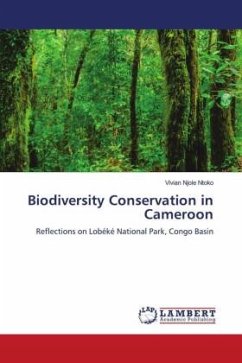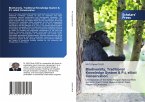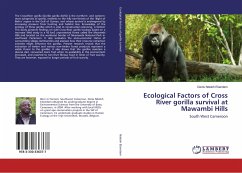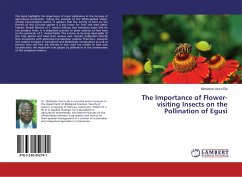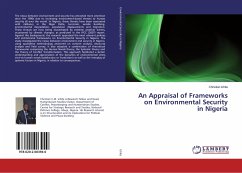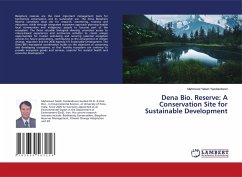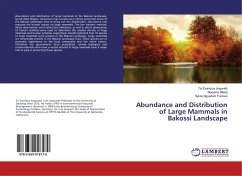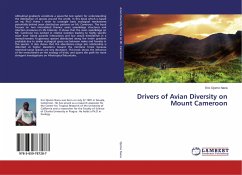This book represents the true picture and plights versed with biodiversity conservation and local development in Cameroon. Particularly, it has shown the potentials that exist in the Lobéké National Park region and provided ideas, analysis, arguments and facts on the many challenges encountered and the way forward. It reveals the vitality of wisdom, love and the treasure for ecosystems and humanity if we want to come to grip with the present day environmental crisis. Biodiversity conservation entails understanding both humans and ecosystems as separate but interrelated entities. Local communities are not areas of darkness where nothing is happening. Certainly local people illuminate, add value and relevance to nature and their lives. Our inability to resolve conservation problems and proffer sustainable solutions could mean that we rely more on our intellect and side-line other forms of knowledge. The author reveals that natural capitals are treated as cheap merchandise, poorly developed and managed, a country rich in natural wealth capable of creating jobs, enhancing living standards and progress, and what needs to be done to attain conservation goals.
Bitte wählen Sie Ihr Anliegen aus.
Rechnungen
Retourenschein anfordern
Bestellstatus
Storno

